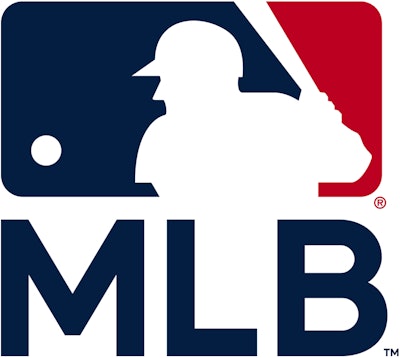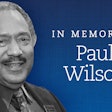
Major League Baseball commissioner Rob Manfred, appearing Monday at the 2024 Associated Press Sports Editors Commissioners Meetings in New York, made some interesting remarks regarding the public financing of professional sports venues.
His comments came within the context of the Oakland A's plan to move to Las Vegas at a cost to Nevada taxpayers of $380 million.
"There has been a long history of public financing of not just baseball but sports venues in general. Expenditure, public funds that people have seen as justified as part of the quality of life and entertainment opportunities available to residents in particular cities, as well as an economic driver," Manfred said. "Certainly on the latter point, I recognize this is something that some will debate, but whatever the merits of it across the board, investment in baseball facilities is the best of the (sports) investments because of the number games. It just drives more people into the market for entertainment than any other sport just based on sheer volume. I do think that in today's world, almost all projects, whether they be new stadiums, major renovations, all of those types of projects, almost without exception -- and this is different than it was a couple of decades ago -- are public-private partnerships with owners of teams making really substantial, hundreds of millions of dollars, investments. I think the Las Vegas project is a great example of that: it's a billion-and-a-half dollar project where the public financing, I think the number is $380 (million) and the rest of that investment is going to be made by the owner."
Wrote Dayn Perry of CBS Sports, "This is not a notable departure from the usual spin put on such things from team owners or those who represent their interests. One person's "public-private partnership" is another person's corporate welfare. Manfred's remarks, however, do invite fresh appraisals of these arguments typically put forth to justify putting tax dollars toward stadium construction.
"Manfred is correct that the practice of public financing of pro sports venues is an entrenched one," Perry continued. "Just as entrenched, however, is the evidence that the "economic driver" aspect of ballpark construction is nonexistent. Academic research on the issue is unequivocal: Cities and states do not receive anything close to adequate return on their investments in pro sports facilities, be they ballparks, basketball arenas, football stadiums, or whatever."
Perry, who lumped Manfred's comments into the mix of "obfuscation and evasion" that typically characterize comments about taxpayer stadium financing, then cites economist Robert Baade's 1994 study on 48 cities across 30 years, which found that "far from generating new revenues out of which other projects can be funded, sports 'investments' appear to be an economically unsound use of a community's scarce financial resources."
As reported by Perry, Baade found that of the 30 cities with new venues, 27 showed no signs of measurable economic growth, and the other three saw per-capita income decrease after the respective venue was funded and constructed.
"This is not an outlier study," Perry wrote Monday. "It's representative of an overwhelmingly sturdy consensus, and no glib dismissals from those hoping to defend handouts can change those facts."






























